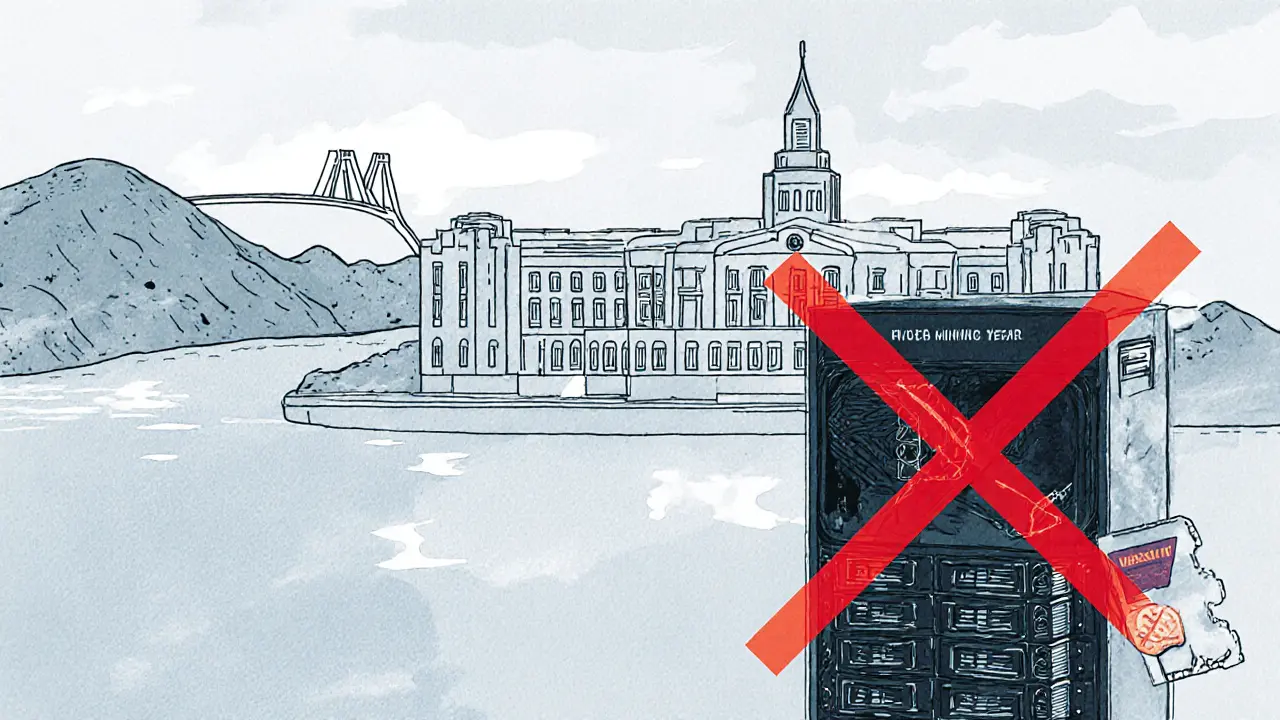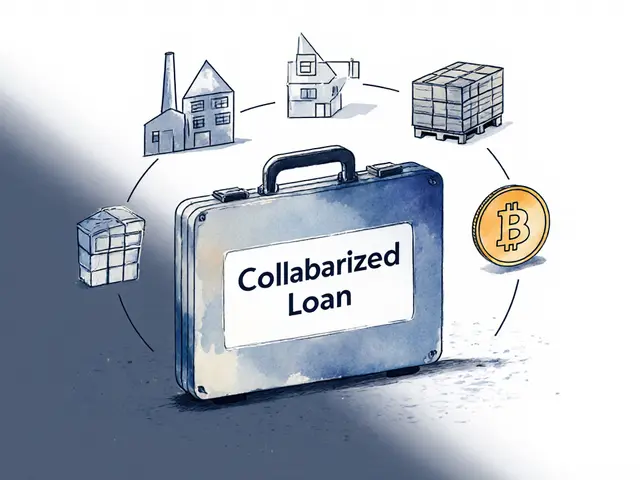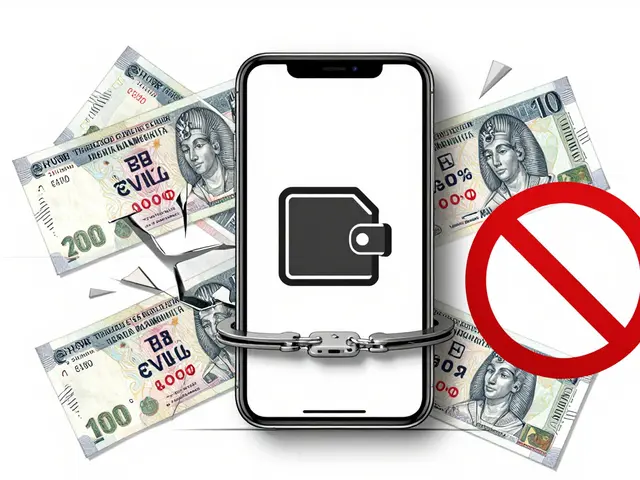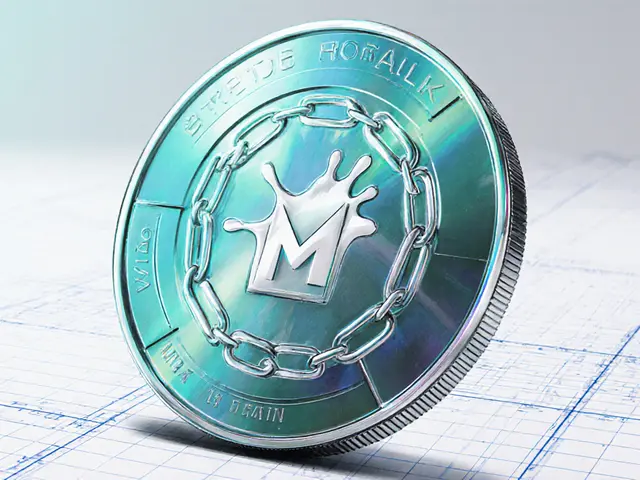Bitcoin mining ban
When talking about Bitcoin mining ban, a government‑imposed restriction that stops or limits the operation of Bitcoin mining facilities in a given jurisdiction. Also known as BTC mining prohibition, it usually follows concerns over environmental impact, grid stability, or economic policy. The Bitcoin mining ban can appear overnight, forcing miners to relocate, shut down rigs, or switch to greener power sources. A ban is a type of regulatory restriction, and regulatory restriction directly targets Bitcoin mining activities. Because Bitcoin mining depends on cheap, abundant electricity, any clampdown on energy use instantly reshapes the mining landscape.
Key factors behind the ban
One of the biggest related concepts is Bitcoin mining, the process of validating transactions and creating new BTC by solving cryptographic puzzles with specialized hardware. It is energy‑heavy; the second related entity is energy consumption, the amount of electricity required to power mining rigs, cool them, and keep data centers running. High energy consumption often drives regulatory action, and regulatory action then fuels the ban. In practice, a ban pushes miners to seek cheaper power, which can lower mining profitability unless they upgrade to more efficient ASICs. The interplay between Bitcoin mining, energy consumption, and government regulation creates a feedback loop: as consumption rises, regulators step in, the ban reduces activity, which may lower overall demand on the grid. This loop also influences the timing of the Bitcoin halving, because a halving cuts block rewards and squeezes profit margins, making miners even more vulnerable to policy shifts. Readers will also notice how different regions—like China’s historic mining clampdown or recent U.S. state‑level restrictions—illustrate each part of this cycle. Understanding these connections helps you gauge whether a current ban is a short‑term hiccup or a signal of longer‑term market realignment. Below you’ll find deeper dives into specific bans, their economic impact, and practical steps miners can take to stay afloat.
Norway's Crypto Mining Ban: What It Means for Bitcoin Miners
Norway plans a temporary ban on new crypto‑mining data centres to protect its renewable energy. Learn why, how it works, global comparisons and what miners can do.
View More




